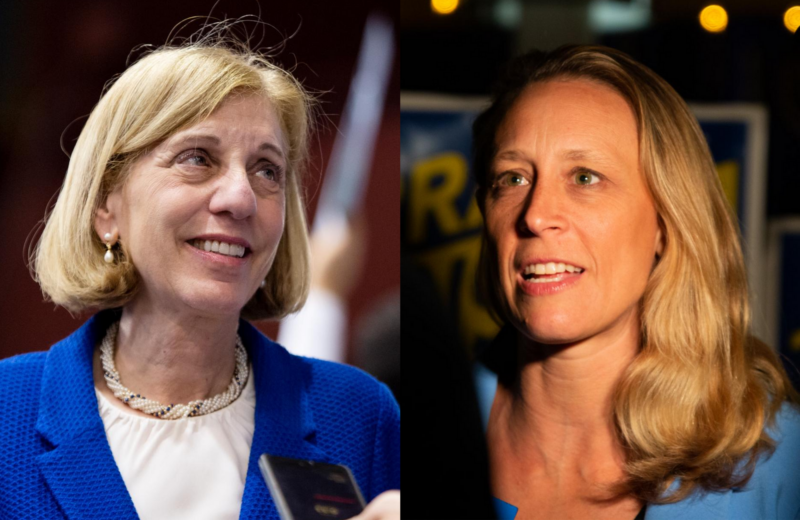Nextdoor, a ZIP code-curated and vetted social network, does not allow discussions about U.S. politics — even during an election year.
“We actually don’t allow national politics discussion at all because we find that can so quickly go off the reservation where people aren’t being kind. We try to really embrace local politics,” Nextdoor CEO Sarah Friar told Yahoo Finance’s “The Ticker” in an exclusive interview.
Unlike Facebook (FB), which allows advertisers to micro-target users and keeps political ads on the platform without fact-checking them, Nextdoor has taken a stringent policy on politics, which sounds like a rule that a family may set ahead of a tempestuous Thanksgiving meal. Friar’s approach resembles that of Jack Dorsey, her former boss at Square. Dorsey, who also runs Twitter (TWTR), banned all political ads from the site.
“In the case of ads, we just feel in the end we don’t want to be policing what’s real, what’s perhaps disinformation or misinformation. In terms of ads on the platform, which is how we monetize, we really try to make sure those ads have high utility and are really endemic to what’s local. So think about brands like Home Depot, for example, or a local grocery chain, that’s trying to pull people from online into their store, that’s actually more where we’d rather go with the platform rather than getting caught up in some sort of maelstrom on political ads — what’s real and what’s fake,” she explained.

Sarah Friar, CEO of Nextdoor
Friar acknowledged that her social media peers tend to incentivize hot takes and bombastic comments.
“These are global macro themes. They’re true here in the U.S., particularly as we think about an election coming up where people tend to move toward their tribes and further and further away from each other. But it’s also happening globally — look at Brexit. So when you’re in that moment where you’re about to make a post, maybe with some anger behind it or a rush to respond, which social media often wants you to do, we actually slow you down,” she explained.

Nextdoor’s January 2020 note to neighbors
Citing collaboration with academics like Stanford’s Professor Jennifer Eberhardt, who wrote a book called “Biased,” which is all about how to slow people down, and physician Kelli Harding, whose “Rabbit Effect” shows how “active social circles can increase a person’s survival,” Friar said she wants to stay far away from contributing to the vitriol and echo chambers that permeate the internet.
The partnership with Harding resulted in a product feature called a “kindness reminder,” which pops up if a member replies to a neighbor’s post with a potentially offensive or hurtful comment. The member is given the opportunity to reconsider and edit their reply, or ultimately refrain from posting.
“What we found is a tremendous number of people —[about 25%]— go back and rewrite them to be more gentle, to be more neighborly. They don’t not post. We don’t want to stop people from having their point of view. In fact, we think debate is important, but we want people to be able to do it in a safe environment,” Friar said.
Friar, who joined Nextdoor as CEO a little over a year ago, has led the company through multiple milestones. The platform now reaches 260,000 neighborhoods across 11 countries. Its latest round of funding brought the company’s post-money valuation to $2.1 billion and legendary venture capitalist Mary Meeker joined the board. During her tenure, Friar has also overseen new revenue streams like “Your Home,” which connects residents with local real estate agents.
Melody Hahm is Yahoo Finance’s west coast correspondent, covering entrepreneurship, technology and culture. Follow her on Twitter @melodyhahm.
Read more:


